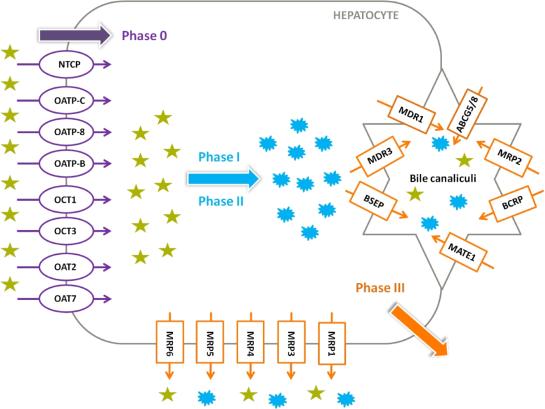Primary human hepatocytes are the preferred hepatic model for pharmaco-toxicological studies, yet their overall shortage imposes the use of hepatocytes from other species, which might not be representative for the human situation. Additionally, the robustness of both, human and animal primary hepatocytes, is compromised by a limited lifespan and a quick loss of metabolic functions.
To tackle these ubiquitous and yet unresolved issues, our team is currently developing a fully differentiated hepatic cell line by dual genetic-epigenetic modification of human primary hepatocytes. This innovative strategy relies on the combination of state-of-the-art techniques, such as conditional immortalization and chromatin remodelling, which will allow in vitro expansion and differentiation of human hepatocytes, respectively. Focus will be on the expression and function of transporter proteins, which are key mediators of hepatocellular drug uptake and excretion,representing the so-called phase 0 and III drug metabolism processes, respectively.

Relevant Publications
- Ramboer E, Vanhaecke T, Rogiers V, Vinken M (2013) Primary hepatocyte cultures as prominent in vitro tools to study hepatic drug transporters. Drug Metabolism Reviews 45: 196-217.
